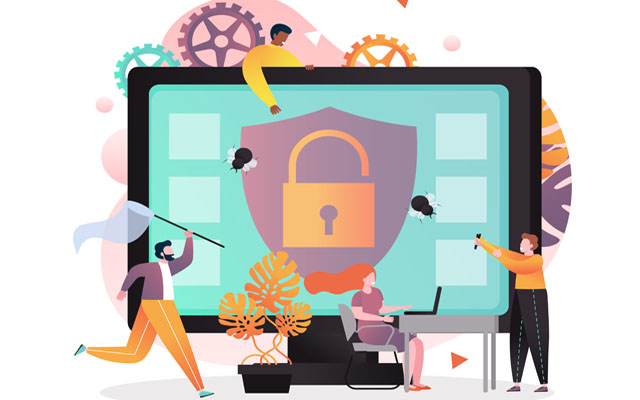
@ShahidNShah


Currently, there are far too many cybersecurity considerations when it comes to making a more secure healthcare system, as internal users continue to be one of the biggest risks to the healthcare system and hackers are increasingly improving the sophistication of their phishing campaigns, she added. And those threats have rapidly increased amid the COVID-19 pandemic.
COVID-19 cybersecurity risks have not negated previous cybersecurity concerns. Instead, providers must be concentrating their efforts on closing as many gaps as possible. Because however fast the sector moves the needle on security, hackers are working at a far greater pace to breach those vulnerabilities.
Namely, the expansion of telehealth has spurred the need for a more effective cybersecurity training and education program to help those with previous limited experience with these technologies get a grasp on potential risks and to support secure communication between providers and patients, Mookencherry explained.
Continue reading at healthitsecurity.com
Despite the critical role of SDOH, providers have not been consistent about recognizing and documenting these factors for a specific patient or even a population of patients. Yet, having this …
Connecting innovation decision makers to authoritative information, institutions, people and insights.
Medigy accurately delivers healthcare and technology information, news and insight from around the world.
Medigy surfaces the world's best crowdsourced health tech offerings with social interactions and peer reviews.
© 2025 Netspective Foundation, Inc. All Rights Reserved.
Built on Apr 25, 2025 at 12:44pm